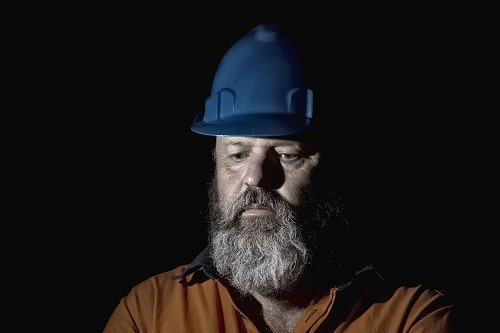The Building Safety Regulator (BSR) will receive £2 million of funding to help speed up the delivery of large-scale housing developments across the country, the UK Government has announced.
News
Building Safety Regulator to receive £2 million in Government funding
In a written statement to Parliament on 13 February, Matthew Pennycook, Minister of State for Housing and Planning, said the Government would provide £1 million of funding to “key statutory consultees” and £2 million to the BSR, to “accelerate processing of applications”.
 The UK Government is planning to build 1.5 million homes during this Parliament. Photograph: iStock/BirdImages
The UK Government is planning to build 1.5 million homes during this Parliament. Photograph: iStock/BirdImages
The announcement came as Pennycook provided a progress update on plans to develop large sites across the country into new towns, as part of the Government’s aim to build 1.5 million new homes during this Parliament.
An independent ‘New Towns Taskforce’ was established in September 2024 to identify and recommend locations for new towns within 12 months. The Taskforce has made “significant progress”, said Pennycook in his written statement, and will submit its final report setting out its recommendations to Deputy Prime Minister Angela Raynor in the summer.
The BSR is part of the Health and Safety Executive (HSE) and was set up under the Building Safety Act 2022 to regulate higher-risk buildings, raise safety standards of all buildings, and help improve the competence of design, construction and building control professionals. It was established in response to the Grenfell Tower fire in 2017, which claimed the lives of 72 people.
The final report from a public inquiry into the Grenfell disaster concluded that decades of failure and de-regulation by successive governments and the “systematic dishonesty” of cladding manufacturers had led to the “avoidable” deaths. The Inquiry had called for a wider construction industry regulator to be established, in addition to the BSR.
Writing in Safety Management last September, British Safety Council’s chief executive, Mike Robinson, emphasised the importance of funding the BSR and ensuring that no corners are cut as the Government moves forward with its plan to build 1.5 million new homes.
“Whether we have a new regulator or not, we also need the existing one – which sits within HSE – to be given sufficient funding and resources to do its job,” wrote Robinson. “Lessons on de-regulation and cost-cutting must be heeded. But the ambitious nature of the building programme and the sheer scale of the challenges mean that, once again, corners might be cut if speed of delivery is seen as more important than protecting people’s lives.”
NEWS

Ramadan: what employers should know about supporting their workforce
By Belinda Liversedge on 18 February 2026
As Ramadan begins this week, UNISON has reminded employers to think about reasonable adjustments for their Muslim workforce’s religious observance such as fasting, prayers, and flexible schedules.

Nearly half of UK workers afraid to flag risks, finds new research
By Belinda Liversedge on 10 February 2026
A significant “silence gap” is threatening UK workplace safety and operational integrity, according to new data released by training provider Mental Health First Aid (MHFA) England.
Sexual misconduct in dentistry: former GDC fellow warns of ‘culture of silence’
By Belinda Liversedge on 05 February 2026
A former General Dental Council (GDC) clinical fellow is calling for a radical shift in how the dental sector manages workplace risk, warning that a “culture of silence” is masking the problem of sexual misconduct in the profession.



